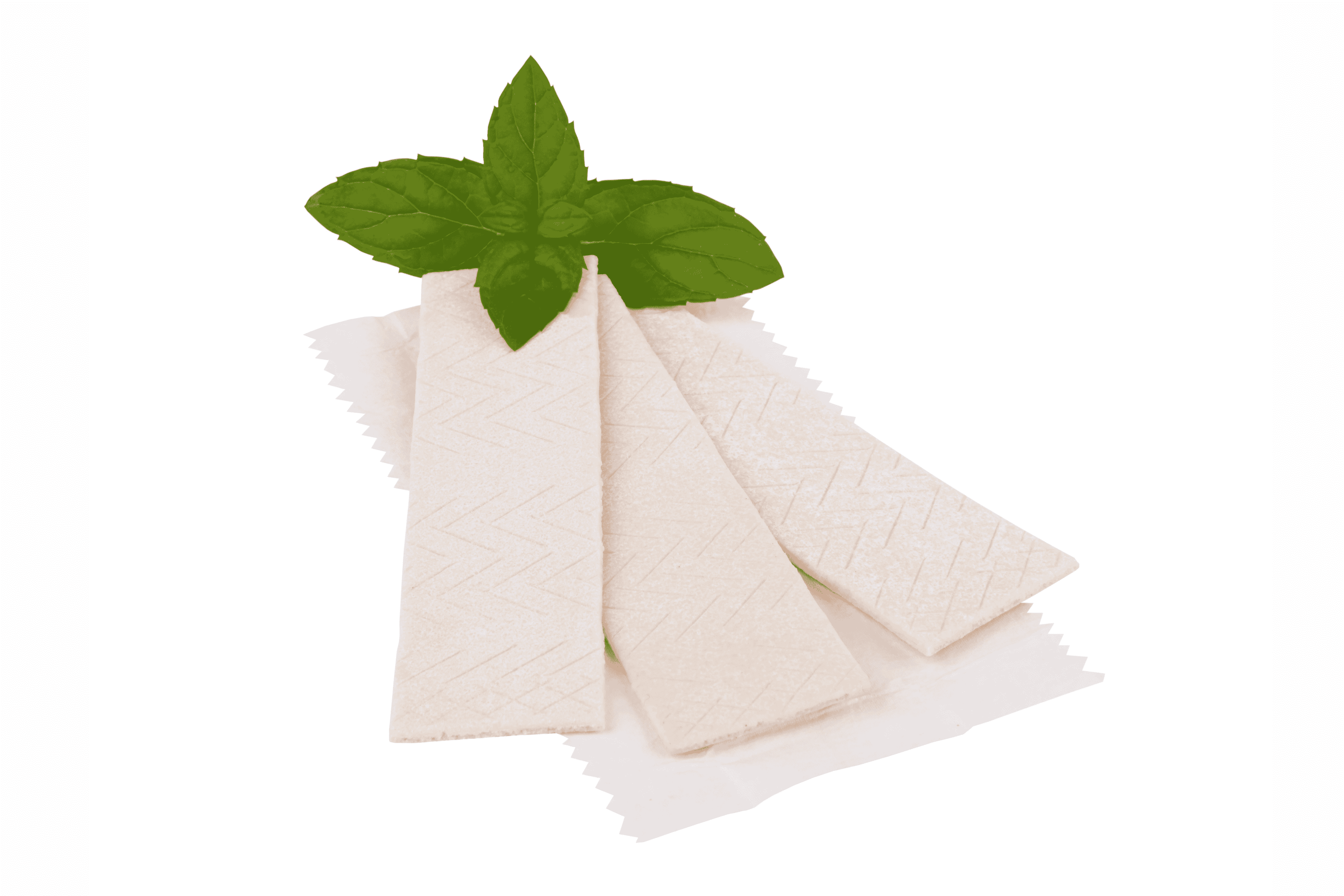Table of Contents
Plant-Based Gelatin Alternatives for Vegan Desserts
Gelatin is a common ingredient used in many desserts and other food products to provide a gel-like texture. However, traditional gelatin is made from animal by-products, making it unsuitable for those following a vegan diet. Fortunately, there are several plant-based alternatives to gelatin that can be used in vegan desserts. One popular vegan gelatin alternative is agar-agar, which is derived from Seaweed. Agar-agar has a similar texture to traditional gelatin and can be used in a variety of desserts, including jellies, puddings, and even marshmallows. It is also flavorless, making it a versatile ingredient that can be used in both sweet and savory dishes. Another plant-based gelatin alternative is carrageenan, which is extracted from red seaweed. Carrageenan is commonly used as a thickening agent in dairy-free products like plant-based milks and ice creams. It can also be used to create a gel-like texture in desserts such as puddings and mousses. Carrageenan is known for its ability to create a smooth and creamy texture, making it a popular choice for vegan desserts. For those looking for a more natural alternative to traditional gelatin, chia seeds can also be used to create a gel-like texture in desserts. When mixed with liquid, chia seeds form a gel that can be used to thicken puddings, jams, and even smoothies. Chia seeds are also high in Fiber and omega-3 fatty acids, making them a nutritious addition to vegan desserts.
Another plant-based gelatin alternative is pectin, which is a naturally occurring substance found in fruits like apples and citrus fruits. Pectin is commonly used as a gelling agent in jams and jellies, but it can also be used to create a gel-like texture in desserts like fruit gummies and fruit sauces. Pectin is a great option for those looking for a vegan-friendly alternative to traditional gelatin.
One of the benefits of using plant-based gelatin alternatives in vegan desserts is that they are often healthier than traditional gelatin. Plant-based alternatives are free from animal by-products and are often lower in calories and fat. They also provide additional nutrients like fiber, Vitamins, and Minerals, making them a more nutritious choice for those following a vegan diet.
In conclusion, there are several plant-based gelatin alternatives that can be used in vegan desserts. From agar-agar to chia seeds to pectin, there are plenty of options to choose from when looking for a vegan-friendly alternative to traditional gelatin. Not only are these alternatives healthier and more sustainable, but they also provide a delicious and satisfying texture to vegan desserts. Whether you’re making jellies, puddings, or fruit sauces, plant-based gelatin alternatives are a great way to enjoy your favorite desserts without compromising your vegan lifestyle.
For those looking for a more natural alternative to traditional gelatin, chia seeds can also be used to create a gel-like texture in desserts. When mixed with liquid, chia seeds form a gel that can be used to thicken puddings, jams, and even smoothies. Chia seeds are also high in Fiber and omega-3 fatty acids, making them a nutritious addition to vegan desserts.
Another plant-based gelatin alternative is pectin, which is a naturally occurring substance found in fruits like apples and citrus fruits. Pectin is commonly used as a gelling agent in jams and jellies, but it can also be used to create a gel-like texture in desserts like fruit gummies and fruit sauces. Pectin is a great option for those looking for a vegan-friendly alternative to traditional gelatin.
One of the benefits of using plant-based gelatin alternatives in vegan desserts is that they are often healthier than traditional gelatin. Plant-based alternatives are free from animal by-products and are often lower in calories and fat. They also provide additional nutrients like fiber, Vitamins, and Minerals, making them a more nutritious choice for those following a vegan diet.
In conclusion, there are several plant-based gelatin alternatives that can be used in vegan desserts. From agar-agar to chia seeds to pectin, there are plenty of options to choose from when looking for a vegan-friendly alternative to traditional gelatin. Not only are these alternatives healthier and more sustainable, but they also provide a delicious and satisfying texture to vegan desserts. Whether you’re making jellies, puddings, or fruit sauces, plant-based gelatin alternatives are a great way to enjoy your favorite desserts without compromising your vegan lifestyle.
Exploring Agar-Agar as a Vegan Gelatin Substitute
Gelatin is a common ingredient used in many food products, such as gummy candies, marshmallows, and gelatin desserts. However, gelatin is derived from animal Collagen, making it unsuitable for those following a vegan diet. Fortunately, there are vegan alternatives to gelatin that can be used in cooking and baking. One such alternative is agar-agar, a plant-based gelatin substitute that is derived from seaweed.| Product Name: | Edible\u00a0gelatin/Gelatin Powder/Gelatine |
| Use type: | Functions such as gelation, foaming, stability, thickening, adhesion |
| Shelf Life: | 2 Years |
| Content: | Collagen, water, Amino Acid composition |
| CAS No.: | 9000-70-8 |
| Applications: | Food Additives, Health product capsules |
| Model Number: | 120 Bloom-300 Bloom |
| Particle Size: | 8-60 Mesh |
| Minimum order quantity: | 500 kilograms |
| HS CODE: | 3503001000 |
| Package: | 25KG packing bag |
| Instruction for\u00a0use: | Dissolve\u00a0in water according to the use proportion |
How to Make Homemade Vegan Gelatin using Carrageenan
Gelatin is a common ingredient used in many recipes to add texture and structure to dishes such as desserts, gummies, and marshmallows. However, traditional gelatin is made from animal by-products, making it unsuitable for those following a vegan diet. Fortunately, there are vegan alternatives available that can provide a similar gelatin-like consistency without the use of animal-derived ingredients. One popular vegan gelatin substitute is carrageenan, a natural ingredient derived from red seaweed. Carrageenan has been used for centuries in cooking and food preparation, and it is known for its gelling properties. When mixed with water and heated, carrageenan forms a gel-like substance that can be used in place of traditional gelatin in a variety of recipes. To make homemade vegan gelatin using carrageenan, you will need a few simple ingredients: water, carrageenan powder, and any additional flavorings or sweeteners you desire. Begin by mixing the carrageenan powder with cold water in a saucepan, stirring until the powder is fully dissolved. Heat the mixture over medium heat, stirring constantly, until it reaches a simmer. Continue to simmer for a few minutes, allowing the carrageenan to fully activate and thicken. Once the mixture has thickened to your desired consistency, remove it from the heat and pour it into a mold or container to set. You can refrigerate the gelatin for a few hours to allow it to fully set, or you can let it cool at room temperature for a softer, more delicate texture. Once the gelatin has set, you can use it in any recipe that calls for traditional gelatin, such as vegan jello, gummies, or marshmallows. One of the benefits of using carrageenan as a vegan gelatin substitute is its versatility. Carrageenan can be used to create a wide range of textures, from firm and bouncy to soft and creamy, depending on the amount used and the cooking method. It is also flavorless and odorless, making it an ideal base for a variety of recipes that require a neutral gelatin-like consistency. Overall, making homemade vegan gelatin using carrageenan or agar-agar is a simple and effective way to enjoy gelatin-like textures in your favorite recipes without the use of animal-derived ingredients. Experiment with different flavors, textures, and recipes to find the perfect vegan gelatin option that suits your preferences and dietary needs. With a little creativity and experimentation, you can create delicious vegan desserts and Treats that are sure to impress even the most discerning palates.
Overall, making homemade vegan gelatin using carrageenan or agar-agar is a simple and effective way to enjoy gelatin-like textures in your favorite recipes without the use of animal-derived ingredients. Experiment with different flavors, textures, and recipes to find the perfect vegan gelatin option that suits your preferences and dietary needs. With a little creativity and experimentation, you can create delicious vegan desserts and Treats that are sure to impress even the most discerning palates.